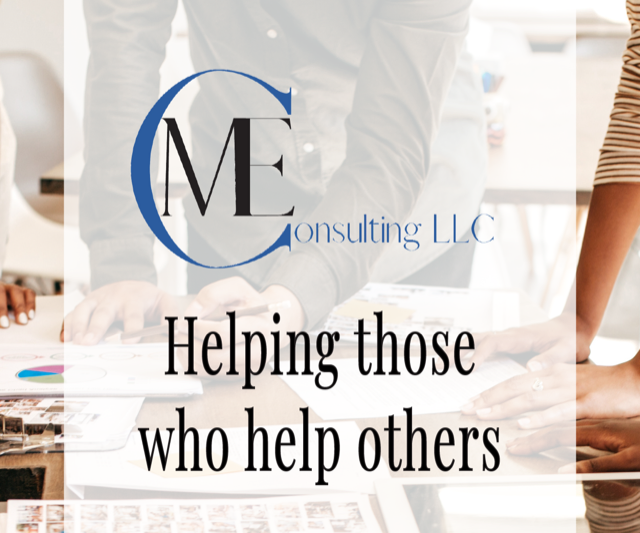Whether we admit it or not, we still have divisions in our nation. I’ve heard many people try to explain it away and the more I listen, the more I believe there is a problem. I wonder if we are making it harder than it should be for race relations to get better. It’s a problem that some won’t accept exists and while others acknowledge the divide, they have no interest in resolving the issue.
That being said, I believe there are many people who want to see the nation, and our city in particular, come together for positive change.
The root problem is our inability to see each other. Our view is tainted by preconceptions and prejudices that we’ve carried for a long time, either through personal experiences, stories we’ve heard or how we were raised. For things to get better, we must be willing to have difficult and challenging conversations. How hard can it be? That depends on how much we want to see and make change happen.
It begins with how we see one another.
I was the only African American student in my fourth-grade year. I was at a new school, I was terrified and didn’t want to be there. Ms. Hicks, the teacher, saw my struggle and did her best to make me comfortable. My situation wasn’t going to change, so I had to learn to open up and be more receptive to those around me. Along came Doug Greer, a fellow classmate. He convinced me to sign up for little league baseball. His father was one of the coaches and chose me through the draft to play on his team. Doug and I became teammates and developed a friendship.
One day, Doug asked me to spend the night at his home. Our parents okayed the request. Doug and I did what most 10-year-old boys do; we played baseball, ran up and down the street and got into the normal mischief that boys do. Later, we ate and watched television until his mother told us it was bedtime. We did our bedtime preparations, turned off the lights and got into bed. After a few moments of silence, Doug sat up in his bed, looked across the room and exclaimed with a shocked voice, “I can see you!” I said, “What?” He replied, “It’s dark and I can see you!” I sarcastically responded, “and you don’t glow in the dark!” Doug said, “No, I can really see you and the lights are off.” “And you are not Casper the friendly ghost,” I said. “Now go to sleep before we get in trouble.” We laughed and giggled for a while before we finally fell asleep.
In that moment, we were talking about what we thought to be true based on our preconceptions, but it was in that moment of darkness, that the lightbulb came on.
For many in society today, the lightbulb still has not come on and it bothers many throughout the city. If we are not careful, the darkness will hide the explosion waiting to happen.
If we, as adults, can come to the table with our minds open as little children, we should be able to move the needle forward. If we will be open and honest about what we feel, know and perceive without judgement we can move the needle. If we can stop minimizing the experiences of others or disregarding someone else’s truth and experience, then we can move the needle forward. When we can respectfully listen to the experiences of others because what they feel or have experienced is real to them, then we can move the needle. There must be sincere effort and commitment to leave our comfort zone and not offer lip service if we truly want to see change. A real honest, serious conversation, coupled with transparency will go a long way towards reconciliation.
Finally, everyone must want the gap closed. There is much that divides us: race, politics, finances, zips codes, streets and railroad tracks. We are also divided by disparities in policing engagements, judicial sentencing and health equity. It has been an us vs. them and them vs. us mentality for a long time and it won’t be easy to change or break the cycle.
There were many occasions Doug and I, along with other friends, spent the night in each other’s homes. We were not afraid to cross over the tracks, in fact, it helped shape how we saw one another and built and strengthened our friendships. Doug and I still have serious conversations about most everything. We agree, we disagree, and we agree to disagree, all with mutual respect for one another. We always try to learn and understand the other’s viewpoint and thought process without being critical and we find most times that we are more aligned than separated.
There will be no solution if there is no understanding. Understanding comes by way of truth and sometimes, the truth hurts.
Today, Doug and I call one another “brother” and it is not a term we use lightly. Maybe we are still those same naïve, innocent 10-year-olds who played baseball and laughed a lot. I’m grateful we were able to see each for who we really are, even in the dark. This is not an effort to paint Doug as the bad guy because of his perceptions as a 10-year-old, just an effort to show that our perceptions can sometimes be wrong. Our honest conversation with one another changed both of our perceptions that night. What worked when we were 10-year-olds still works for Doug and me today – maybe it would work for everyone.




